
From fields to boreal forests, Ontario’s diverse landscape makes it a great place to hunt and fish.
We’re lucky to have access to publicly owned land for backcountry hunting, fishing, and camping. It’s important we remember Crown land is held in trust for everyone’s benefit. We need to take care of this resource so current and future generations can enjoy wild places.
Whether on a day trip or spending multiple nights in the backcountry, one of the best ways to be a good hunter and conservationist is to practise low-impact camping and leave a place as you found it.
Simple strategies to lower your footprint
1. Never put human materials into the water on fragile fresh water ecosystems. When washing dishes or brushing teeth, collect water and carry it well away from the source (I like to go at least 30 yards back).
Scrape off the top layer of leaf litter and topsoil with the heel of your boot and pour any grey water into this exposed soil. Even biodegradable soap requires soil filtration and soil organisms to decompose.
2. Hang food overnight to prevent bears and raccoons from getting into it. Avoiding interference, conflict, and habituating wildlife.
3. Use small, concentrated fires. These are more effective for keeping warm, cooking food, and are more fuel efficient.
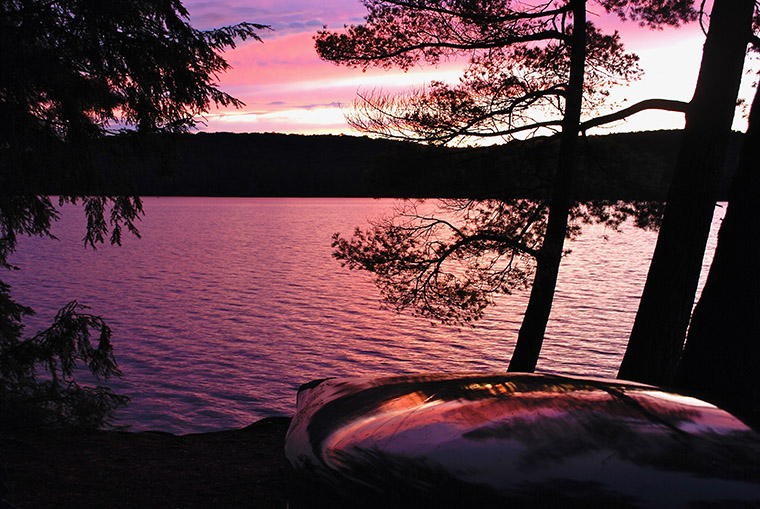 4. Avoid cutting standing wood or brush. Green wood is not efficient firewood. If you are cutting wood or brush for a shelter, spread out the area you gather this from to avoid having too large an impact on one area.
4. Avoid cutting standing wood or brush. Green wood is not efficient firewood. If you are cutting wood or brush for a shelter, spread out the area you gather this from to avoid having too large an impact on one area.
5. It might seem obvious, but always pack out any and all garbage you bring in. It’s easy to lose track of small pieces of plastic wrap or other garbage and anything left behind adds up. Leave as much garbage as you can at home before going in. For example, open granola bars and package them in a large zip-lock bag to avoid dealing with dozens of individual wrappers throughout the trip.
It’s important to remember that even though we are each only one person, our activities can have larger cumulative impacts on habitats. Let’s be sure we are doing our parts as anglers and hunters to be good stewards of these resources.


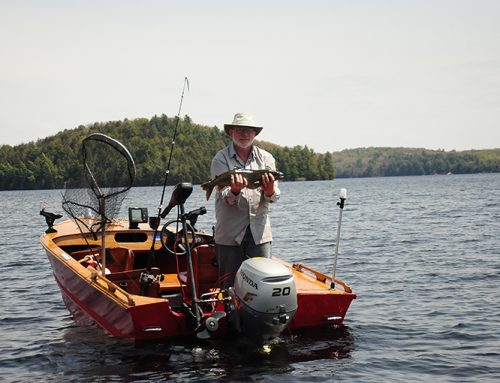
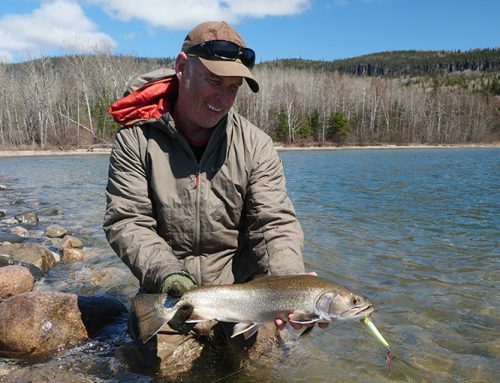
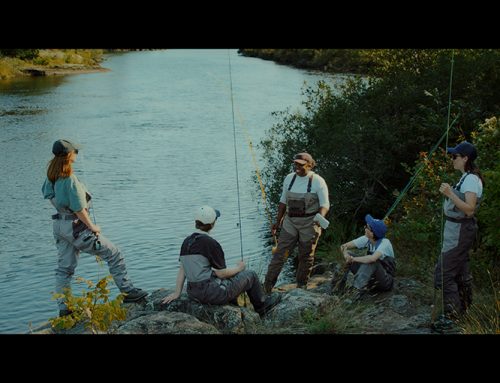
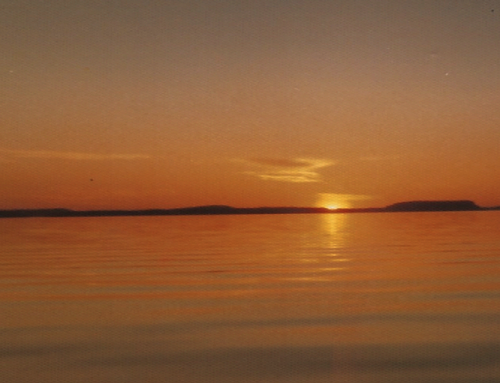
Leave A Comment